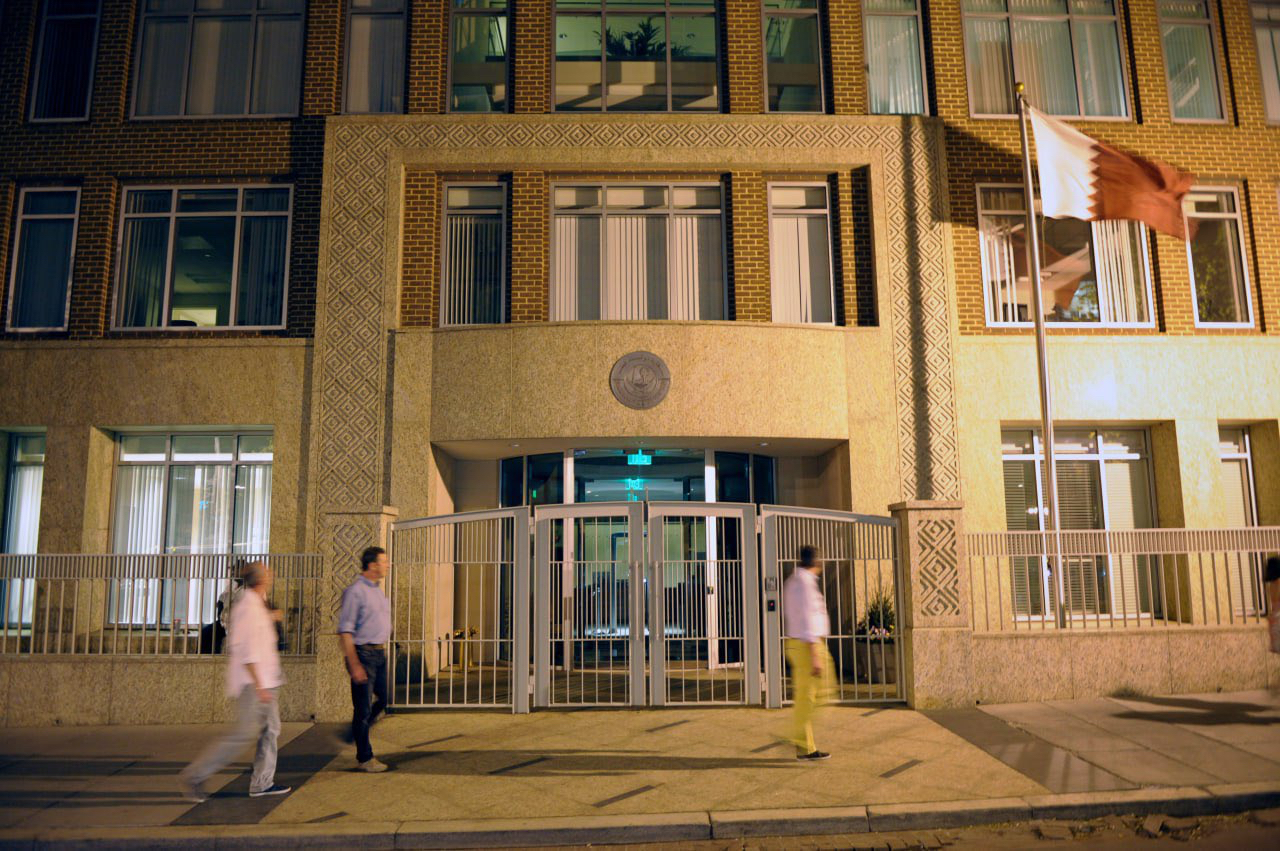Qatar, a mediator, has remained firm in its stance that the solution to the conflict lies in constructive talks between Hamas and that laying blame on Qatar for the delay in a captives-prisoner exchange release deal is “not constructive.”
The Qatari Embassy in Washington has criticised an American congressman’s “unconstructive” threat suggestion that the U.S. needs to “re-evaluate its relationship with Qatar.”
The Qatari Embassy said it was “surprised” to read Congressman Steny Hoyer’s statement, who on Monday issued a press release lambasting the Gulf state for what he referred to as Qatar’s failure to apply pressure to goad Hamas into accepting a ceasefire deal.
Hoyer accuses Qatar of financing Hamas
Hoyer’s criticism of Qatari mediation follows reports from Sunday of Hamas tabling a new three-phased proposal of a ceasefire and a roadmap to lifting Israel’s blockade on Gaza.
Hamas’ proposal, which was presented to Qatari and Egyptian mediators, calls for the complete withdrawal of Israeli occupational troops from Gaza as well as an Israeli captive-Palestinian prisoner exchange over the course of 42 days.
According to Hoyer, a Democrat representing Maryland’s 5th congressional district, these demands to uphold the rights and dignities of Palestinians are “absurd… and unfeasible.”
He also claimed: “Once again [Hamas] has no interest in creating or allowing peace or in returning the remaining Israeli hostages,” and turned his attention to Qatar in mediating the conflict.
“Qatar needs to make it clear to Hamas that there will be repercussions if it continues to block progress toward releasing the hostages and establishing a temporary ceasefire,” the Maryland congressman said.
Hoyer added that repercussions should include cutting Hamas’ funding — a claim that has also been levelled by Israel.
In an X post in January, Bezalel Smotrich, Israel’s Finance Minister, alleged the Gulf state was the resistance movement’s “patron.”
Qatar has repeatedly denied this claim and clarified that its foreign mediation policy is such that it engages with all sides to ensure peace and stability in the region.
Hamas in Qatar
The Maryland official also said that Qatar should refuse “to grant Hamas’ leaders refuge in Doha.”
The Qatari Embassy responded by reminding Congressman Hoyer that Qatari mediatory efforts between Israel and Hamas were initially spearheaded by the U.S.
“It is useful to remember that Qatar’s mediation role exists only because we were asked by the U.S. in 2012 to play this role since, regrettably, Israel and Hamas refuse to speak to each other directly,” the statement said.
Qatar’s Washington Embassy also reminded Hoyer that the Gulf state is acting solely as a mediator in Israel’s renewed expansionist campaign against Gaza.
“We do not control Israel or Hamas,” the embassy’s statement read. “Israel and Hamas are entirely responsible for reaching an agreement.”
‘Apply pressure on Hamas, or else’
Hoyer also said in his press release that “if Qatar fails to apply this pressure, the United States must reevaluate its relationship with Qatar. ”
In response, Qatar cited a quote from U.S. Senator Chris Murphy on April 10: “I understand the discomfort of an ally having a relationship with Hamas. It has come at the request of the United States and at the request of Israel and is absolutely vital to protecting our ability to get hostages out,” he said.
He added: “ If you want to make sure those hostages never leave, then cut off Qatar’s role as an intermediary. You want to fundamentally harm U.S. interests in the region, you want to shut down our airbase, you want to eliminate the ability of Qatar to help us again when we are in need, as we were as we evacuated Afghanistan – then downgrade their status.”
Senator Murphy’s comments were in response to Senator Ted Budd’s introduction of a bill to terminate the designation of the State of Qatar as a major non-NATO ally.
Similarly to Congressman Hoyer, Senator Budd charged Qatar of being inactive in “taking action against Hamas.”
The Qatari Embassy acknowledged that while securing a captives-prisoner release deal has been slow, it is misguided to lay blame on the Gulf mediator.
“We will confer closely with our colleagues in the United States, and others in the region, to agree on the best path forward. For now, Qatar is not giving up hope on the hostages,” the statement concluded.







